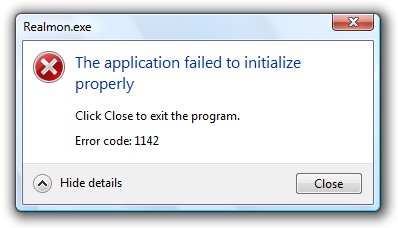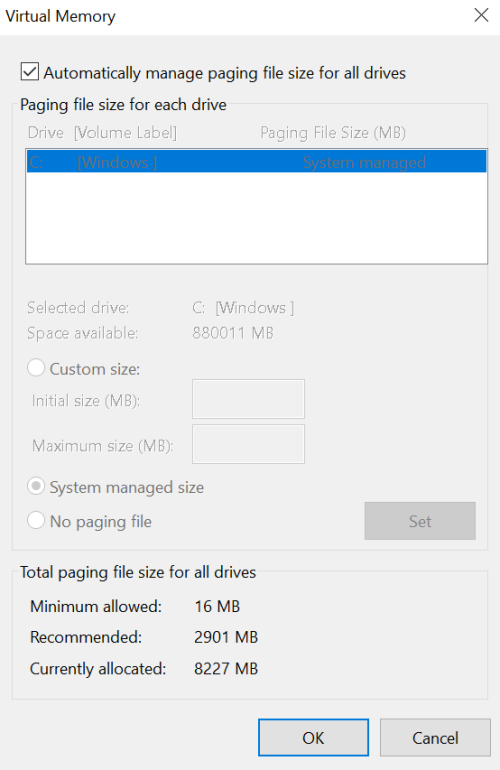In this article, I will discuss the definition of lag up and provide examples of its usage.
Examples and Definitions
In the world of golf, “lag up” is a term used to describe the act of hitting a golf ball with a short swing in order to control the distance and trajectory of the shot. This technique is commonly used when a player is faced with a difficult lie or when they need to hit the ball high in the air to clear an obstacle.
One example of using the “lag up” technique is when a golfer is trying to hit a shot over a bunker onto the green. By taking a short backswing and focusing on accelerating through the ball at impact, the player can generate the necessary height and distance to clear the hazard and land the ball softly on the green.
Another example of “lagging up” a shot is when a player is trying to control the spin of the ball on a wedge shot around the green. By using a short, controlled swing and focusing on making clean contact with the ball, the player can create the necessary backspin to stop the ball quickly on the putting surface.
Synonyms and Variations
- Delay
- Hold up
- Slow down
- Set back
- Postpone
Antonyms and Contrasts

An antonym is a word that has the opposite meaning of another word. In the context of lag up, some antonyms to consider are “advance,” “progress,” or “accelerate.”
Contrasts can also be made between lag up and similar phrases or concepts. For example, while lag up suggests a delay or slow movement, phrases like “speed up,” “move forward,” or “make progress” indicate the opposite.
When exploring antonyms and contrasts for lag up, it’s essential to consider the context in which the term is being used. Understanding the nuances of language and how words interact with each other can help clarify meaning and improve communication.
Usage in Context
When using the term “lag up” in a sentence, it is important to ensure that it is used correctly to convey the intended meaning. For example, you could say, “I need to lag up my golf swing to improve my performance on the course.”
In this context, “lag up” is being used as a verb to describe the action of improving or enhancing something, specifically a golf swing. It is important to note that “lag up” is not a commonly used phrase in everyday English and may be more commonly found in discussions related to golf or sports.
Additionally, you could use “lag up” as a noun to describe the process of adding or increasing something. For instance, “The lag up in my headphone’s latency has improved my listening experience.”
It is always helpful to consult a thesaurus or dictionary to find synonyms or similar phrases that can be used in place of “lag up” if needed. This can help to expand your vocabulary and ensure that you are using the most appropriate language for the context.
F.A.Qs
What is the mean lag?
The mean lag serves as a summary measure of the lag structure in dynamic models, estimating the average delay in transmitting shocks like income, oil prices, or interest rates to other variables.
Why do people say lag?
People say “lag” to refer to the time delay between initiating an action and seeing the effect, especially in internet gaming when the latency is greater than usual.
What does it mean for a person to lag?
It means for a person to lag when they are unable to keep up with others, falling behind or not measuring up in terms of speed or progress.







